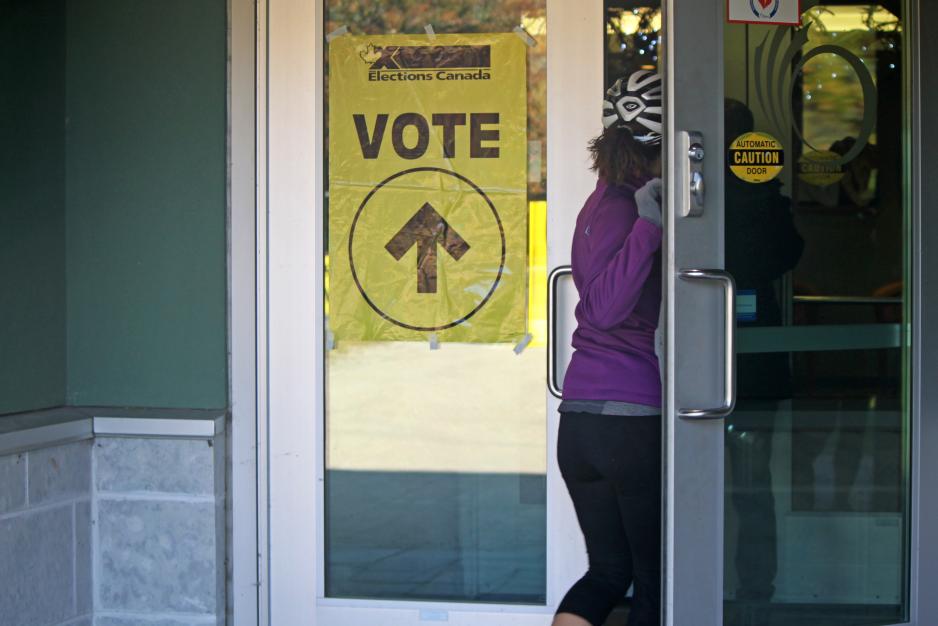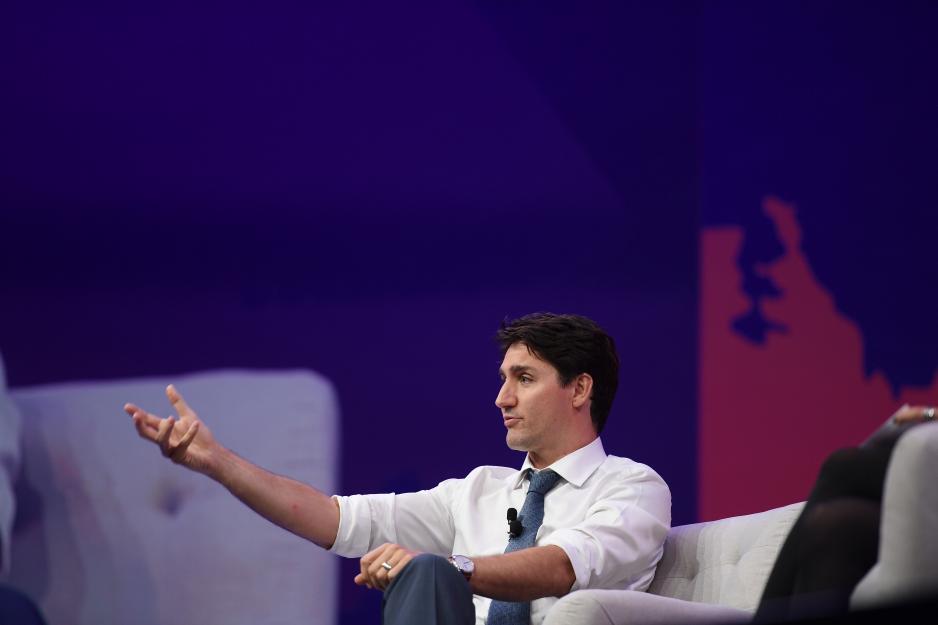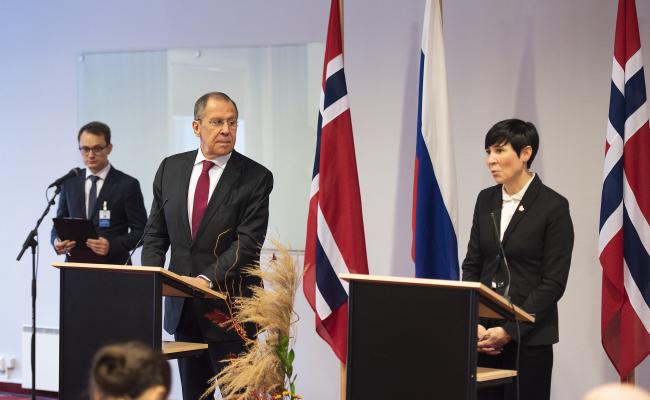2021 Parliamentary Elections in the Arctic

The 2021 Canadian federal elections will take place on 20 September. Then, Canadians will elect members for the 44th Canadian parliament. The election was issued by Governor-General Mary Simons on 15 August, when Prime Minister Justin Trudeau (Liberals) requested a dissolving of parliament for new and swift elections. (Photo: Elections Canada)
Four Arctic nations have parliamentary elections in September this year. The people of Norway, Iceland, Canada, and Russia will have their say in who is to govern the Arctic for the next four years.
(Updated 14 September 9:30 CET) Monday 13 September saw parliamentary and Sami parliament elections in Norway. More than 1.6 million Norwegians had voted in advance. The results are now clear; there will be a change of government. The left side parties, headed by Labor, won a clear majority of seats in Stortinget, the Norwegian parliament.
The agrarian Center Party saw the highest increase in figures since the previous elections, while the Conservative Party and its outgoing prime minister Erna Solberg are this election’s losers.
Norway’s prime minister for the past eight years, Erna Solberg (Conservatives), has lost the election. (Photo: Trine Jonassen)
The Conservatives have headed the Norwegian government since 16 October 2013, all the time with Erna Solberg as Head of Government. Since the Progress Party’s leaving the ruling coalition in January 2020, the government has consisted of the Conservative Party, the Liberal Party and the Christian Democrats.
Election for the Russian State Duma
There will be parliamentary elections in Russia from 17 to 19 September.
In a press statement from the Russian State Duma, its leader Vyacheslav Volodin has invited representatives from foreign parliaments to participate in the election observation.
The election in Russia is about 450 seats in the Duma. The party United Russia currently holds government after winning the 2016 elections with 54.2 percent of the votes. United Russia holds 343 seats in the Duma.
There are 15 parties to chose between at the elections in Russia this year.
Early Election in Canada
In Canada, Prime Minister Justin Trudeau of the Liberal Party has called for early election on 20 September. The early election was issued by Governor-General Mary Simon on 15 August, following Trudeau’s requesting a dissolving of parliament for snap elections.

Canadian Prime Minister Justin Trudeau. (Photo: Eoín Noonan)
The Liberal Party has passed the Conservatives, however marginally, for the first time in two weeks at recent polls.
The world’s oldest parliament
Iceland’s parliament Alltinget is considered the world’s oldest functioning parliament. The Alltinget elections are held every four years, and 63 representatives are elected with proportional representations from six electoral districts, with representation distributed according to D’Hondts method, with a 5 percent threshold.
Iceland’s parliamentary elections will take place on 25 September and ten political parties will be represented.
Since the 2017 elections, the Left Movement Green Party, the Independence Party and the center-oriented Progress Party have cooperated in governing Iceland.
Katrin Jakobsdottir chairs the Left Movement Green Party and is prime minister of the red-green government.
Only few weeks prior to the elections, polls show that the Independence Party has a comfortable lead along with the Left Movement Green Party and the Social-Democratic Alliance.
High North News will follow the elections in the Arctic and bring you analyses and news.
Also read
This article was originally published in Norwegian and has been translated by HNN's Elisabeth Bergquist.



